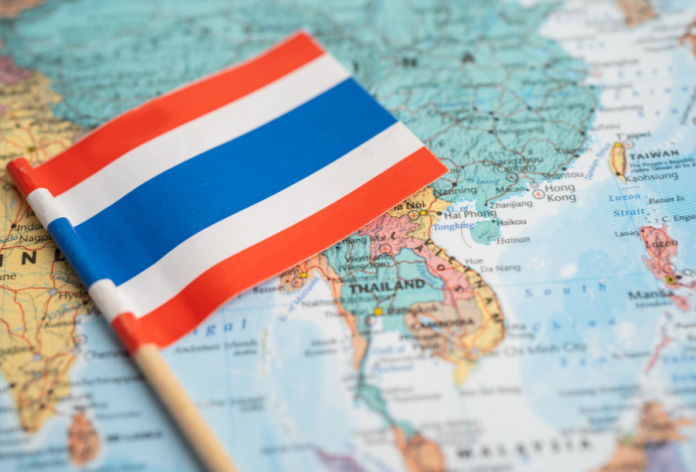Thailand’s Cabinet has taken a step toward legalizing gambling and casinos by approving a draft law that could lead to its implementation.
Prime Minister Paetongtarn Shinawatra announced the development of a new law, which could mark a shift in Thailand’s historically strict stance on gambling.
The proposed legislation, which will now be discussed in Parliament, suggests allowing gambling in large-scale entertainment complexes.
It is expected that casinos will become important hubs for tourism and investment, capable of competing with similar developments in neighboring countries such as Cambodia, Singapore, the Philippines, Laos, and Myanmar.
These countries have already seen significant benefits from the legalization of casinos, attracting both domestic and international tourists. Thailand may be the next country in the region to focus on the development of gambling.
Gambling in Thailand is strictly regulated, with most forms of wagering prohibited, except for state lotteries and horse racing bets.
Despite these restrictions, underground gambling and informal football betting remain widespread, involving significant financial transactions that are outside of government control.
The government hopes that the legalization of casinos will help combat illegal gambling and generate new sources of revenue.
Thailand’s Finance Ministry estimates that the legalization of gambling could bring an additional 120 billion to 220 billion baht ($3.65 billion – $6.69 billion) in tourism revenue.
Deputy Finance Minister Julapun Amornvivat predicts a 5-10% increase in foreign tourist numbers following the passage of the law, as well as the creation of 9,000 to 15,000 new jobs.
Renewed Criticism from the Council of State
Efforts to legalize gambling in Thailand are not a new initiative, as various governments have faced resistance from conservative groups and a significant portion of the Buddhist population.
Critics argue that the legalization of casinos could lead to social issues, including an increase in gambling addiction and financial difficulties among vulnerable segments of society.
According to the Bangkok Post, the Council of State, Thailand’s advisory body on legal matters, expressed concerns over the scope and direction of the proposed bill.
Secretary General Pakorn Nilpraphan suggested that the law should more closely align with broader government policy aimed at creating “artificial tourist attractions,” such as theme parks and entertainment complexes.
Pakorn emphasized that the bill should clearly indicate whether its primary objective is to address gambling problems or to develop tourism infrastructure.
He further stated that if the focus is on developing artificial attractions, gambling should constitute only a minor component of the entertainment complexes.
Pakorn also noted that existing gambling laws already regulate public behavior in this area, so the new law should focus on tourism development rather than directly addressing gambling-related issues.
Additional Approvals Needed
Tourism remains a cornerstone of Thailand’s economy, significantly contributing to the country’s GDP. The government is expecting a record number of tourists in the coming years, making the legalization of casinos a timely initiative to stimulate the growth of this sector.
Proponents of the bill argue that Thailand has long been missing out on the economic benefits of legalized gambling, which neighboring countries have effectively capitalized on.
Former Prime Minister Thaksin Shinawatra, a key supporter of gambling legalization and the father of the current Prime Minister, has also backed the initiative. His influence within the ruling party provides political support for the draft law.
The draft law will now be reviewed in parliament, where lawmakers will discuss its provisions and consider the concerns raised by the Council of State. The government has expressed willingness to amend the bill to ensure it aligns with broader policy goals.
Don’t forget to subscribe to our Telegram channel!











